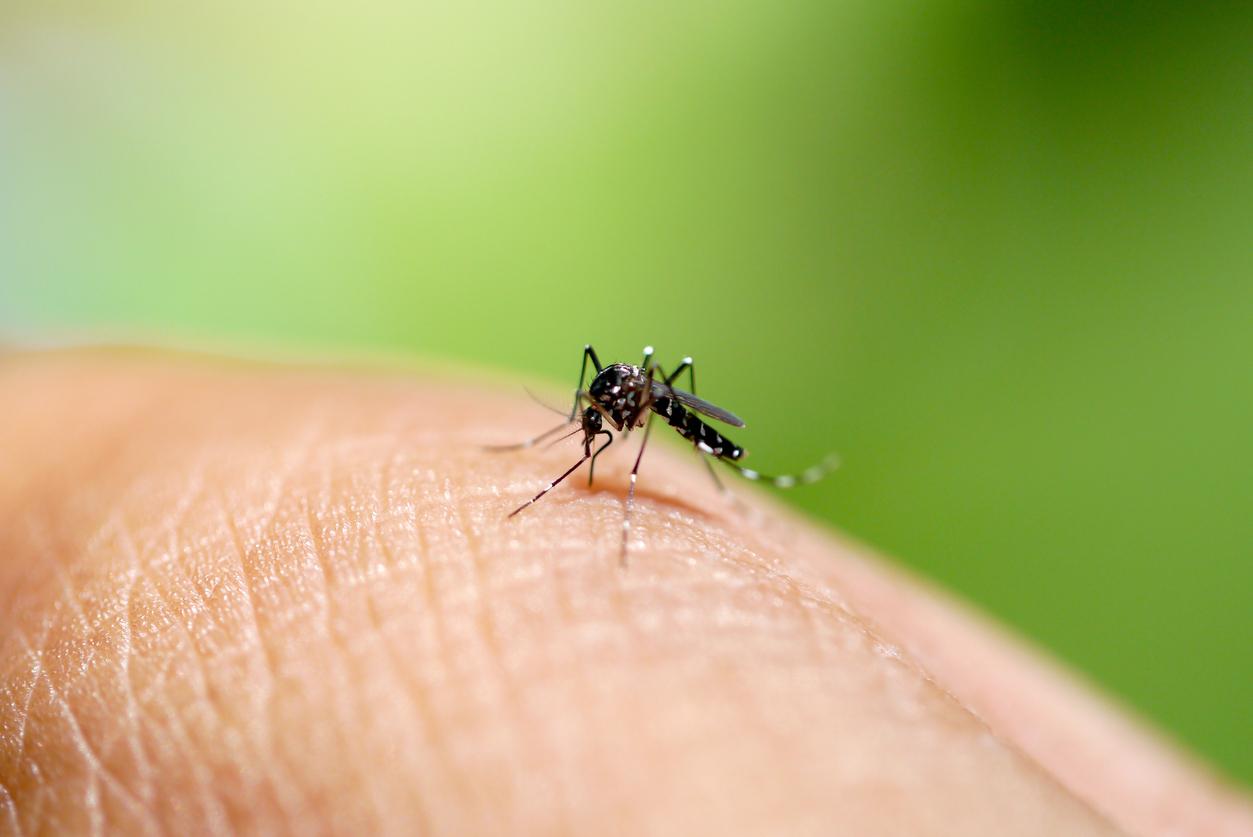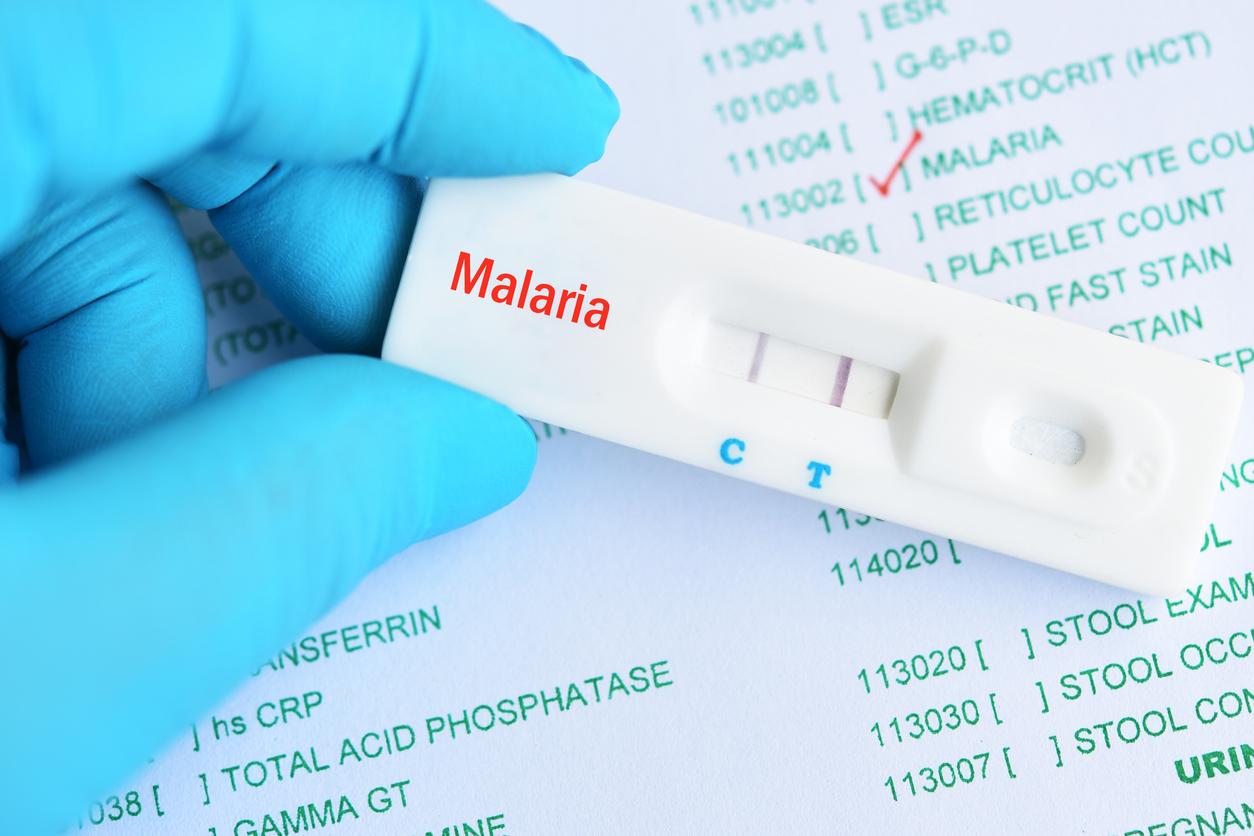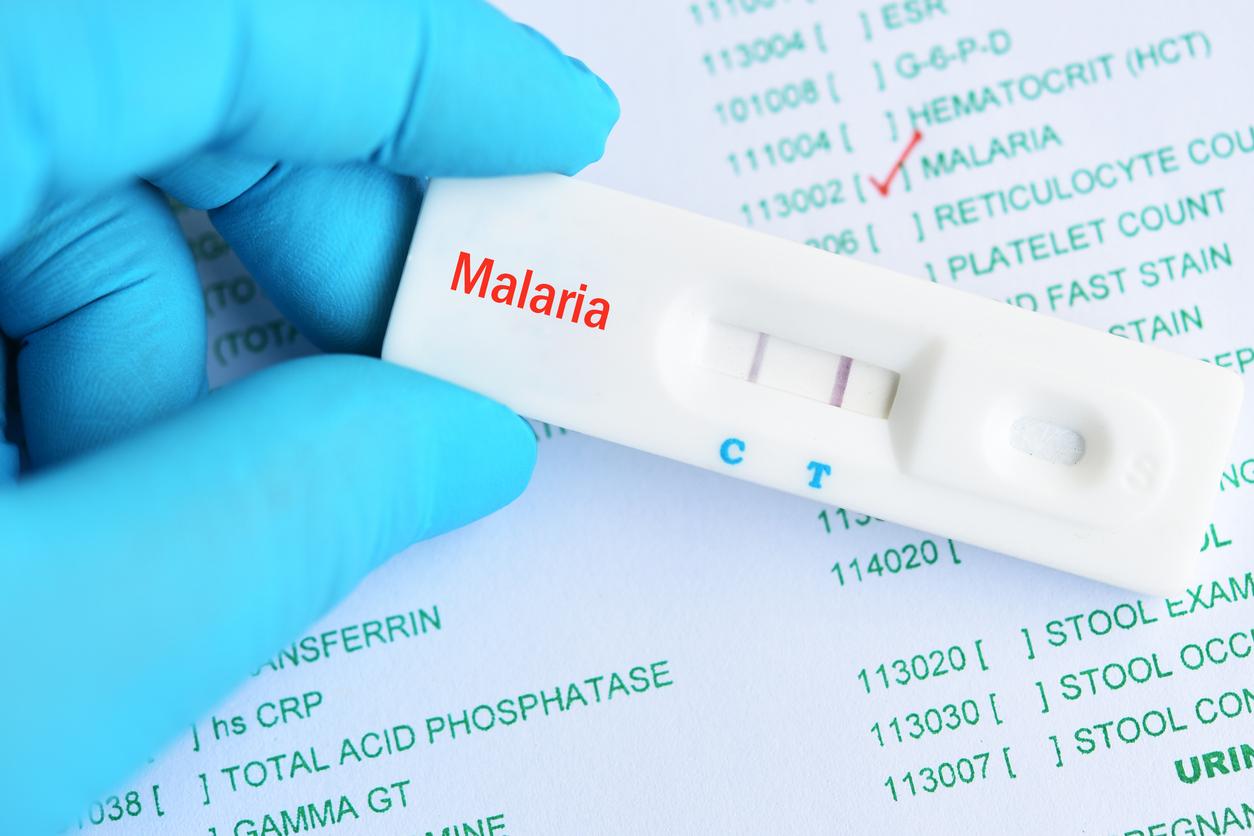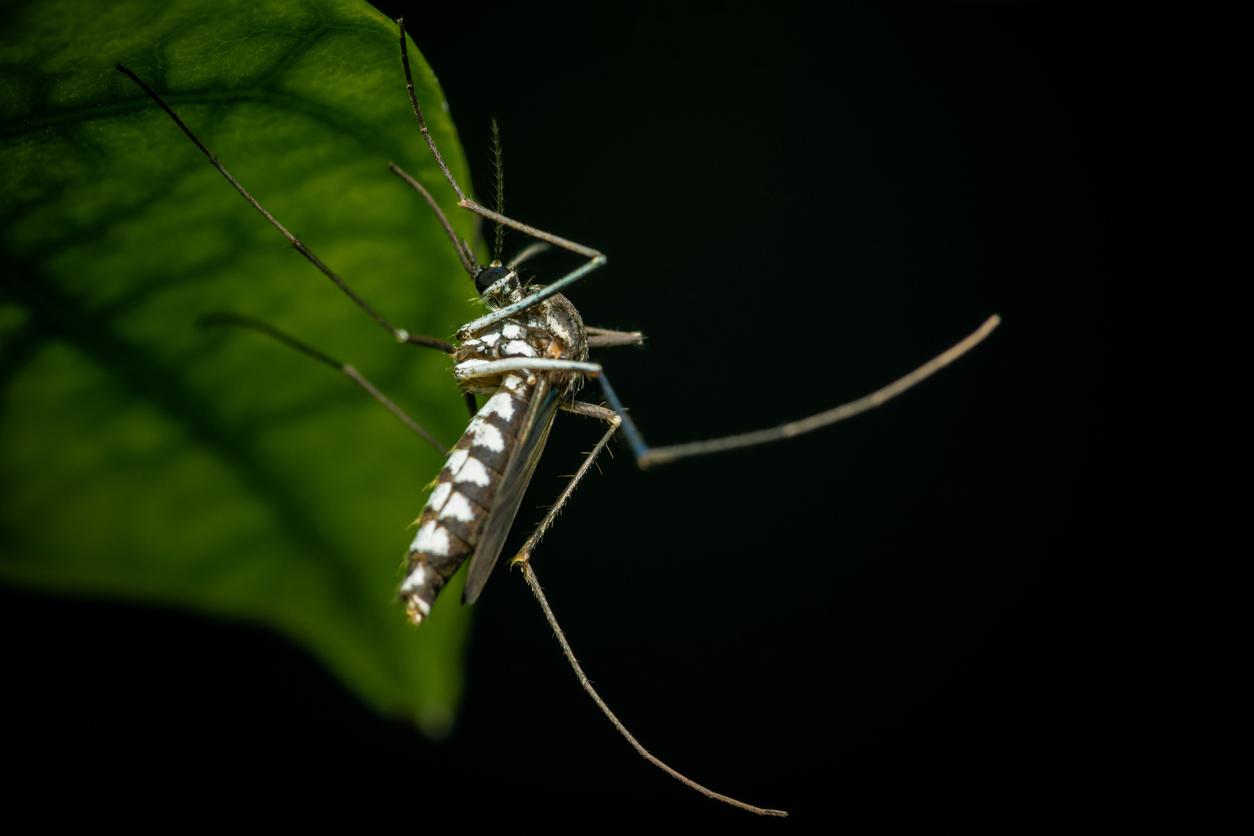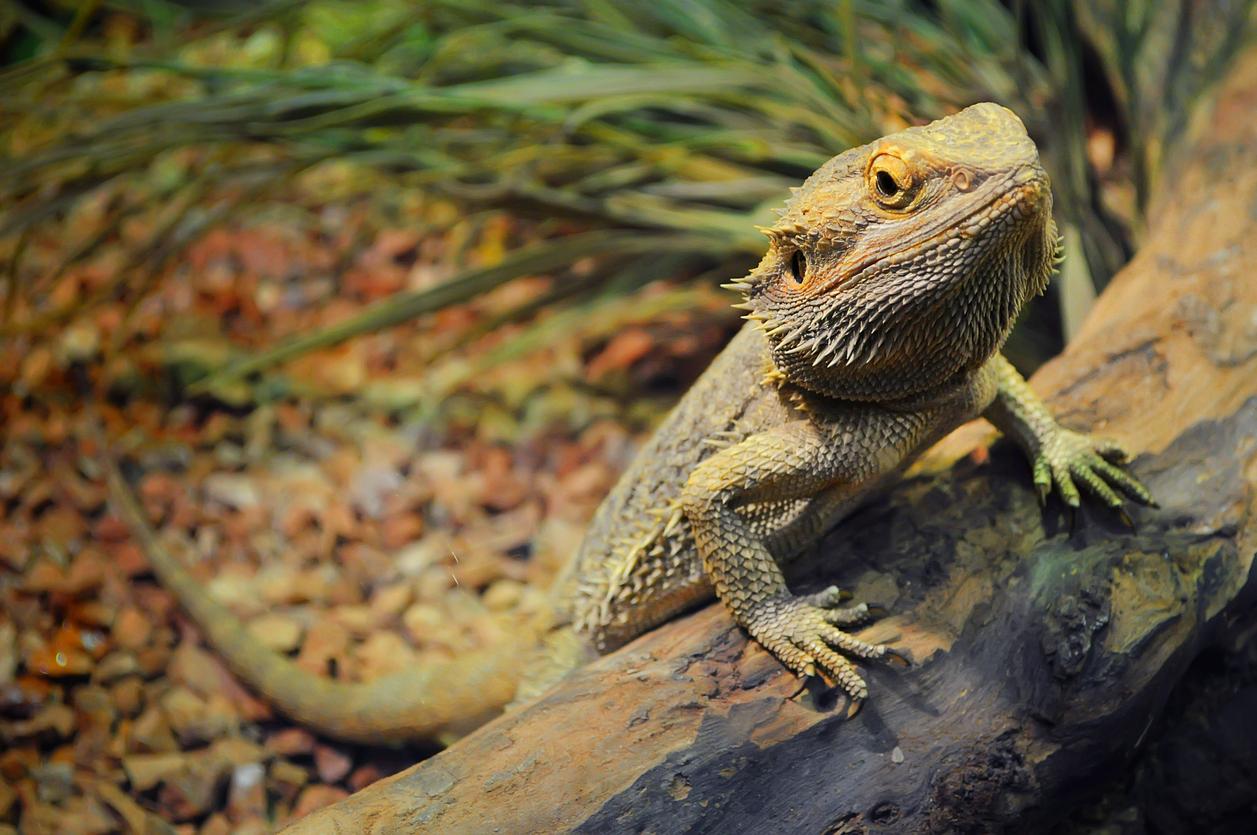And if the risk of transmission of malaria depended… on the plants. Researchers from the Institut de Recherche pour le Développement (IRD) and the Institute for Research in Health Sciences (IRSS, Burkina Faso) have just shown that the diversity of plants consumed by the mosquito influences the development of the parasite responsible of malaria, the fecundity of mosquitoes and their life expectancy. Scientists publish their work in the journal PLoS Pathogens.
Yellow laurel nectar decreases malaria transmission by 30%
To reach these conclusions, the researchers looked at the diet of the mosquito Anopheles coluzziione of the main vectors of Plasmodium falciparum (the parasite responsible for malaria) in sub-Saharan Africa. In the laboratory, they then fed these mosquitoes with sugars derived either from ornamental plants harvested in Burkina Faso (yellow oleander and barleria), or from fruits from this same country (mango and wild grape), or from a water solution containing glucose. 24 hours after this sweet snack, the mosquitoes received a blood meal infected with the parasite malaria. Mosquitoes continued to receive meals of flowers, fruits or sugar water for 14 days following the blood meal containing the parasite. The researchers then observed that mosquitoes fed with oleander nectar saw their ability to transmit malaria decreased by 30%, while those fed with wild grapes or barleria nectar increased their transmission capacity by 30 and 40% respectively. .
Planting plant species that reduce the risk of transmission in Africa
“This study shows for the first time that natural sources of sugars can modulate vector-pathogen interactions“welcomes theIRD in a press release. These first results open the way to new strategies for fight against malaria, which causes more than 430,000 deaths every year, 90% of them on the African continent. Planting plant species that reduce the risk of malaria transmission, such as the yellow laurel, could for example be an interesting proposal. The researchers now want to continue their research on a wider variety of plants and fruits to find those that minimize the transmission of malaria.
>> To read also:
An app to diagnose malaria
Malaria drug could treat cancer
Malaria, tuberculosis: the threat of fake drugs









